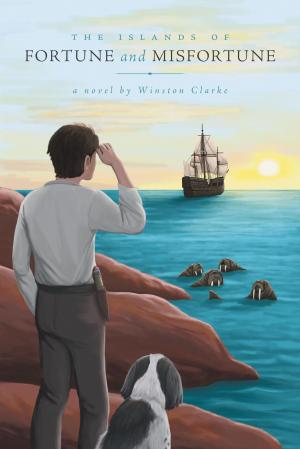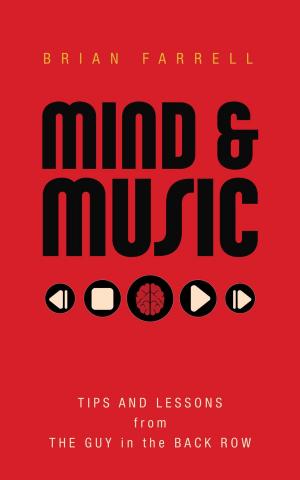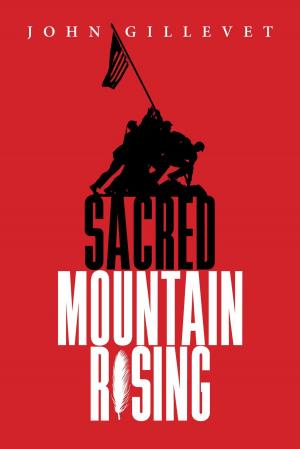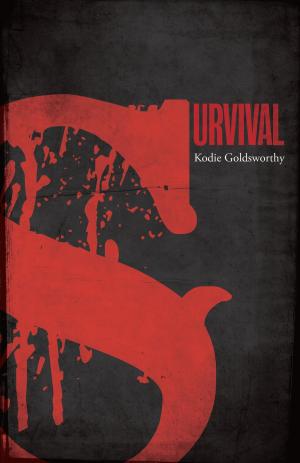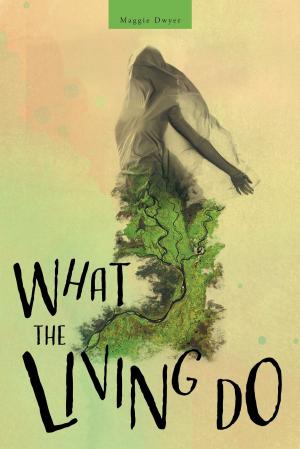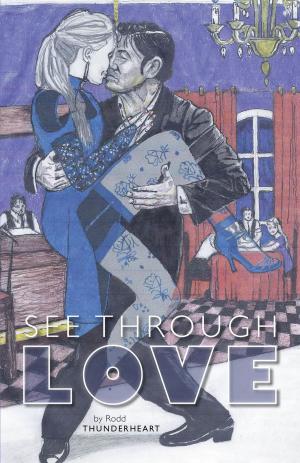D.W. Griffith's 100th Anniversary The Birth of a Nation
Nonfiction, Entertainment, Film, History & Criticism, Performing Arts, Biography & Memoir, Entertainment & Performing Arts| Author: | Ira H. Gallen | ISBN: | 9781460236550 |
| Publisher: | FriesenPress | Publication: | April 7, 2014 |
| Imprint: | Language: | English |
| Author: | Ira H. Gallen |
| ISBN: | 9781460236550 |
| Publisher: | FriesenPress |
| Publication: | April 7, 2014 |
| Imprint: | |
| Language: | English |
A HISTORY OF THE MOST CONTROVERSAL MOTION PICTURE EVERY MADE A hundred years have passed since the masterpiece of David Wark Griffith, The Birth of a Nation, first appeared on the screens of America, in the winter of 1915. It demonstrated that the cinema, no less than literature and no less than the stage, could become a topic of serious critical, esthetic, intellectual, political, social, and technical discussion. In this way it brought the motion picture into a position of commanding influence in the social life of the American nation. The denunciation continues, and the storm over the film serves as a barometer of the global conflict, involving forces and issues set in motion by, but no means limited to, race. From the beginning it touched off several emotionally and politically explosive, interrelated, parallel controversies—controversy over Griffith; controversy over the film; controversy over the subject-matter and its treatment; controversy over the controversy. As Griffith’s official biographer Seymour Sterns main purpose of his book was to assemble, as extensively as possible, the rapidly vanishing record of what happened. You’ll find Stern’s writing on the subject as controversial as the film itself.
A HISTORY OF THE MOST CONTROVERSAL MOTION PICTURE EVERY MADE A hundred years have passed since the masterpiece of David Wark Griffith, The Birth of a Nation, first appeared on the screens of America, in the winter of 1915. It demonstrated that the cinema, no less than literature and no less than the stage, could become a topic of serious critical, esthetic, intellectual, political, social, and technical discussion. In this way it brought the motion picture into a position of commanding influence in the social life of the American nation. The denunciation continues, and the storm over the film serves as a barometer of the global conflict, involving forces and issues set in motion by, but no means limited to, race. From the beginning it touched off several emotionally and politically explosive, interrelated, parallel controversies—controversy over Griffith; controversy over the film; controversy over the subject-matter and its treatment; controversy over the controversy. As Griffith’s official biographer Seymour Sterns main purpose of his book was to assemble, as extensively as possible, the rapidly vanishing record of what happened. You’ll find Stern’s writing on the subject as controversial as the film itself.



